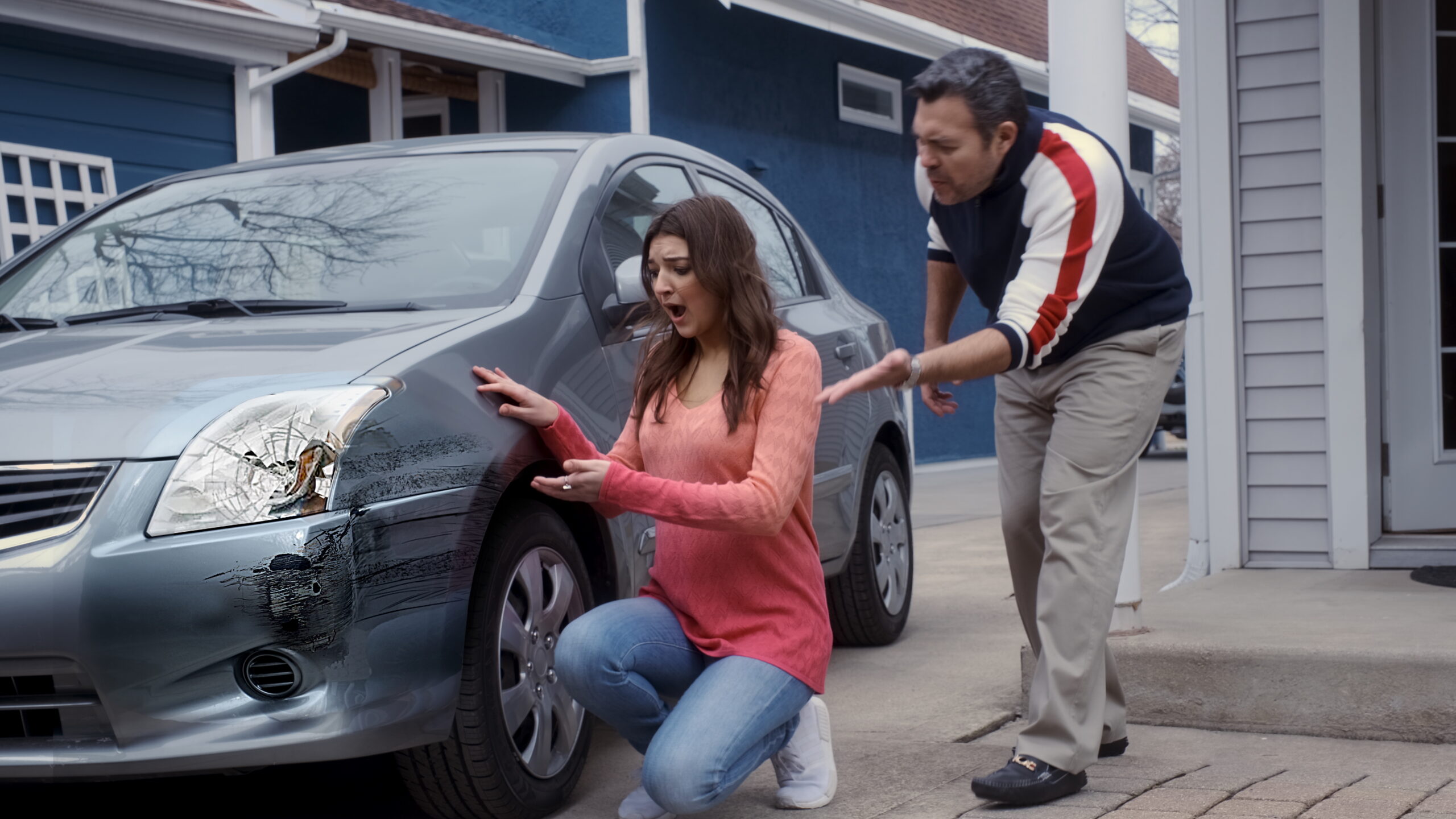
What Does Car Insurance Cover in an Accident?
Having auto insurance is great, but it’s crucial to know exactly what it covers and when you can use it. Although emergencies are something that no one wants to think about, it’s still important to at least prepare yourself in case it happens.
In this article, we’ll discuss what you should do if you get in a vehicular accident and what good car insurance covers in case of an emergency.
What to Do After a Car Accident?
1. Ensure Your Safety
When you’re involved in a car accident, the primary concern is always the safety of everyone involved.
Calmly but quickly get out of your vehicle and bring everyone to a safe spot by the side of the road. If someone is injured or stuck in the car, don’t waste time before calling medical assistance.
2. Document the Accident
Once you’ve ensured that everyone is safe and sound, start taking steps to document the incident. Take photos and videos to establish precisely what happened on the scene.
Make sure to take a photo of damages, the general area, the license plates of the vehicles involved, and even injuries sustained. These could help you with your auto insurance claims, especially if the other party denies what happened.
3. Exchange Details
If there’s another driver involved in the accident, don’t forget to exchange the following information:
- Personal information: name, address, contact number, etc.
- Legal details: driver’s license, license number, and license plate
- Insurance details: provider and policy number
4. Don’t Block Traffic
Aside from being unsafe, a damaged car on the road can quickly cause traffic jams or, worse, more accidents. If possible, try to push the vehicles to the side of the road. If it’s not possible, place hazard signs in the direction of the incoming traffic to avoid further accidents, especially if the road is foggy or slippery.
5. Exchange Details
After ensuring safety, documenting the incident, exchanging details with the other driver, and preventing further accidents, it’s time to contact your insurance provider.
Let them know what happened and the current condition of you and your car. They will ask questions, so be sure to provide all details and evidence to corroborate your story. Keep in mind that what your insurance provider will cover depends on the kind of coverage that you have.
Car Insurance Accident Coverage
Depending on your coverage, your insurance provider may pay for certain damages and costs incurred in the accident. The different types of car insurance coverages include:
- Liability
- Comprehensive
- Uninsured and underinsured motorist
- Collision
- Medical payment
- Personal injury
- Gap insurance
- Towing and labor
- Rental reimbursement, and
- Classical car insurance
Required Insurance Coverage
The most common types of car insurance coverage required by most states are liability, medical payment and personal injury, and uninsured or underinsured motorist coverage.
Liability coverage, specifically, is a legal requirement in almost every US state. This type of coverage insures you against most, if not all, expenses you need to pay to other people in case the accident is deemed to be your fault.
Personal injury and medical payment cover any costs associated with medical expenses for your damages, regardless of which party is at fault. Personal injury coverage is distinct from medical payments because it can also cover lost wages as opposed to only medical expenses.
Meanwhile, uninsured and underinsured motorist coverage kicks in when the party responsible for the accident doesn’t have auto insurance or doesn’t have enough to cover your damages.
Other Types of Coverage
Comprehensive insurance is the broadest coverage and includes multiple individual ranges in exchange for a higher premium. It can cover various situations, such as liability, collision, personal injuries, and medical payment.
Other types of car insurance, such as collision, towing and labor, rental disbursement, classic car, and gap insurance, are suitable for more specific scenarios.
Collision, towing, and labor expenses cover accidents that don’t necessarily have another driver involved. Examples include crashing into a metal post or your car breaking down in the middle of the road, needing to be towed or repaired.
Rental disbursement insurance is for when your car is stolen or totaled by accident, and you need to get a rental car to get around.
If you’re driving a vintage or exotic car, it’s best to get classic car insurance to cover any special needs you may have.
Lastly, gap insurance covers your remaining car payments in case you still owe something on your totaled or stolen car.
Protecting Yourself With Magnum Insurance
Car insurance coverages and premiums can be a problematic and stressful labyrinth to navigate. With the right agent, though, this process becomes a breeze.
Magnum Insurance makes insurance easy, hassle-free, and as budget-friendly as possible. With Magnum Insurance, you get the care that you deserve at a cost that you can afford.


